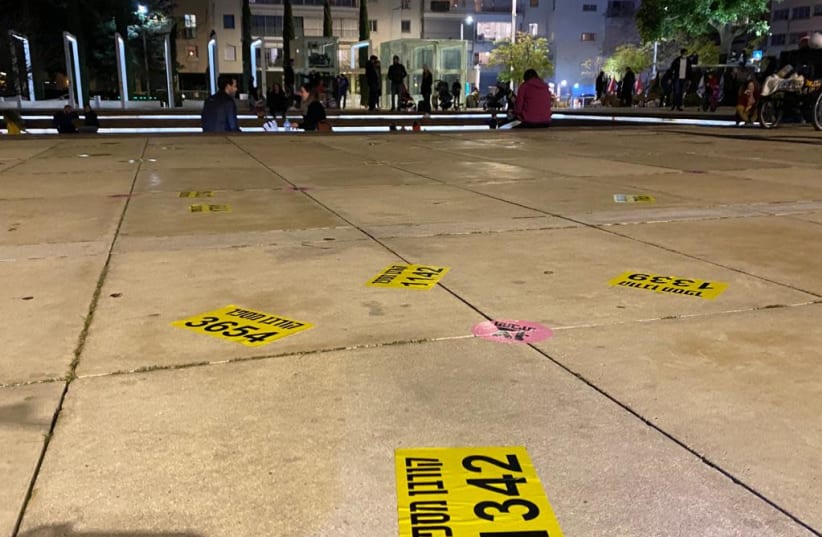The increased mortality wasn't limited to those aged 75 and up, but was in fact seen among all Israelis aged 55 and up, indicating better protection of its elderly against COVID-19.
The findings also revealed that Israeli life expectancy was cut by around 2.2 months on average. However, this is actually better than what was expected, with this reduction being much smaller than in other developed contrives.
During the pandemic, infections have been disproportionately concentrated among Israelis aged 20-55. This trend, the study argues, points to efforts at shielding Israel's elderly from COVID-19 as having been successful. Had infection rates been proportionate to age structure, Israel would have seen an estimated increase of 1,048 deaths.And if these infections were in line with the OECD age structure - which would mean disproportionately affecting the elderly - then there would have been 3,403 additional deaths, doubling the mortality rate.
In recent months, Israel has worked hard to fight against COVID-19, rolling out a widely-lauded nationwide vaccination campaign. However, as the study notes, the COVID-19 mortality rate in February 2021 is higher than at any point in 2020, with data suggesting excess mortality being disproportionately higher in the haredi (ultra-Orthodox) sector as well as rising in the Arab sector.
